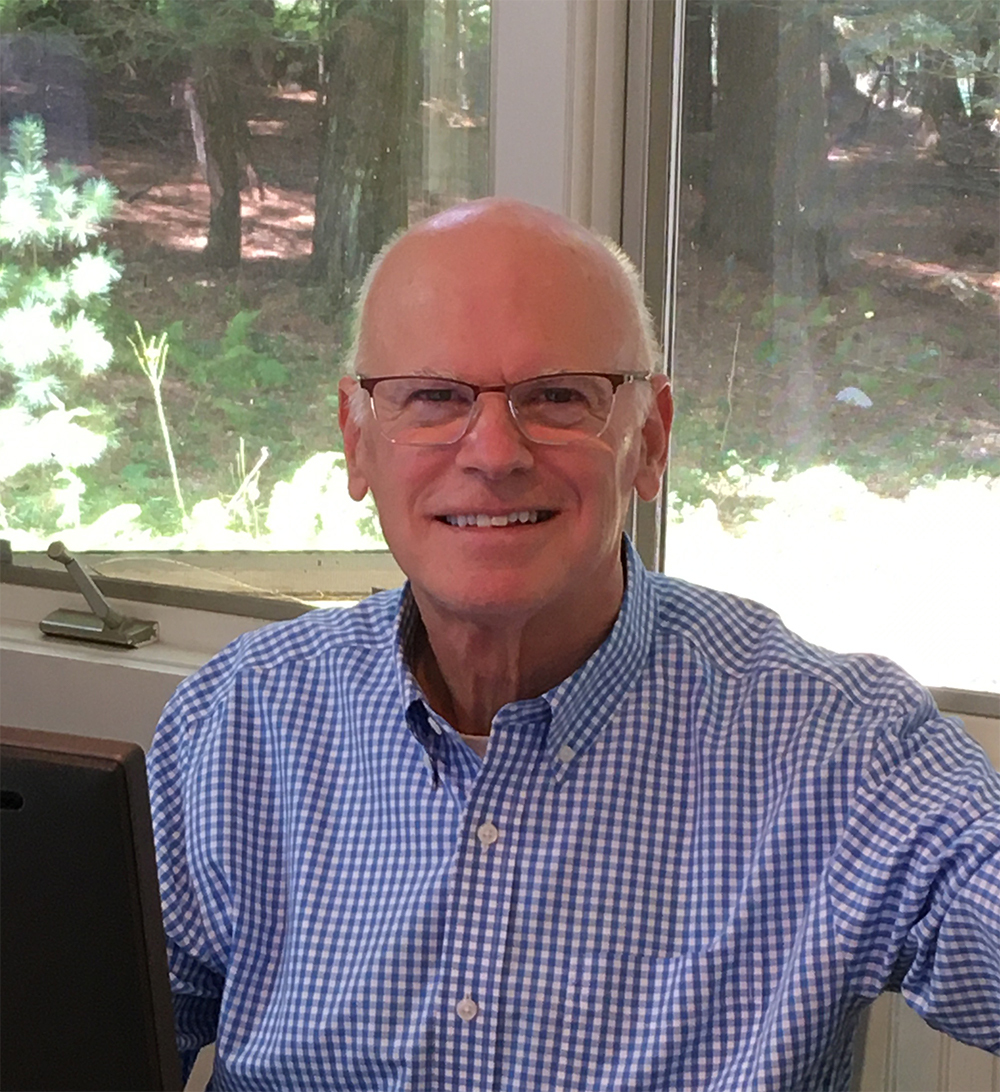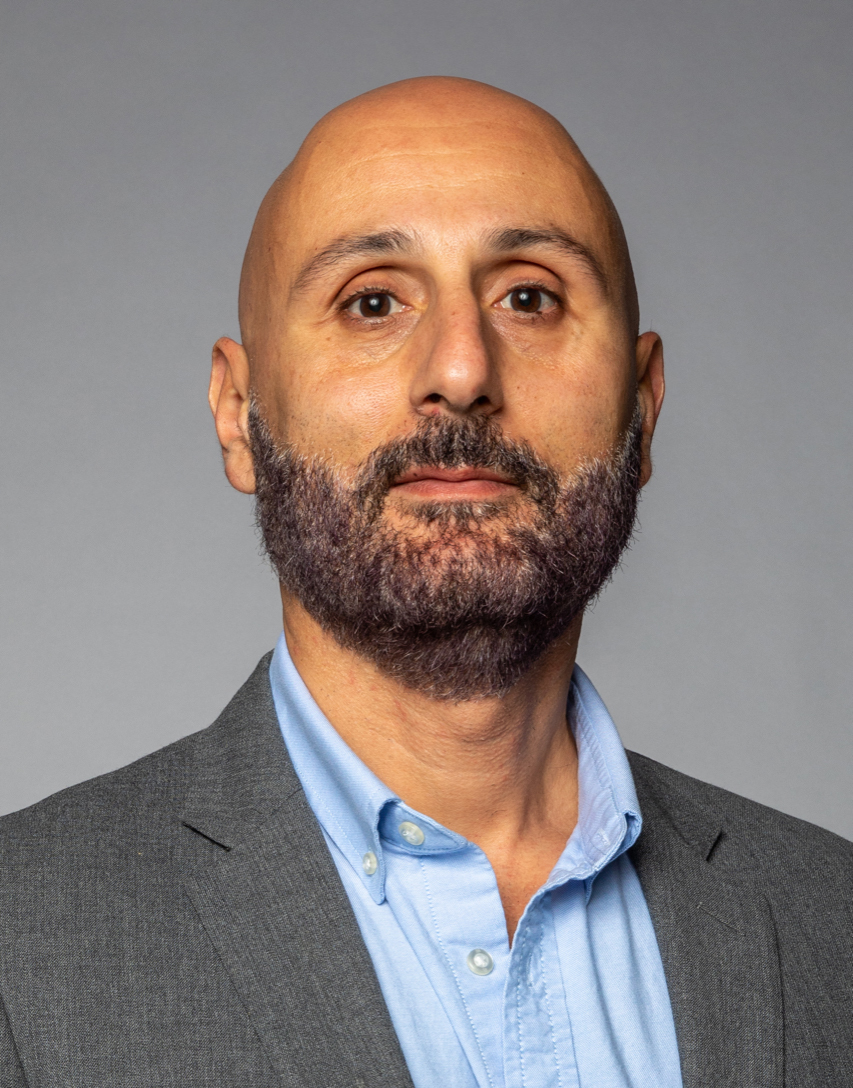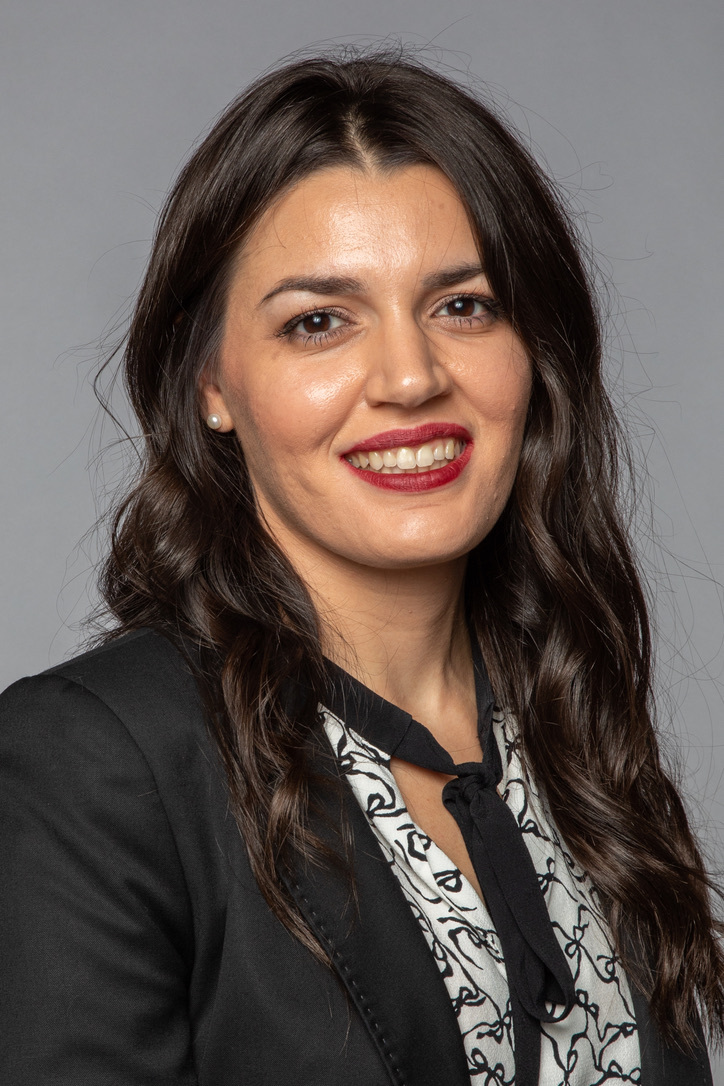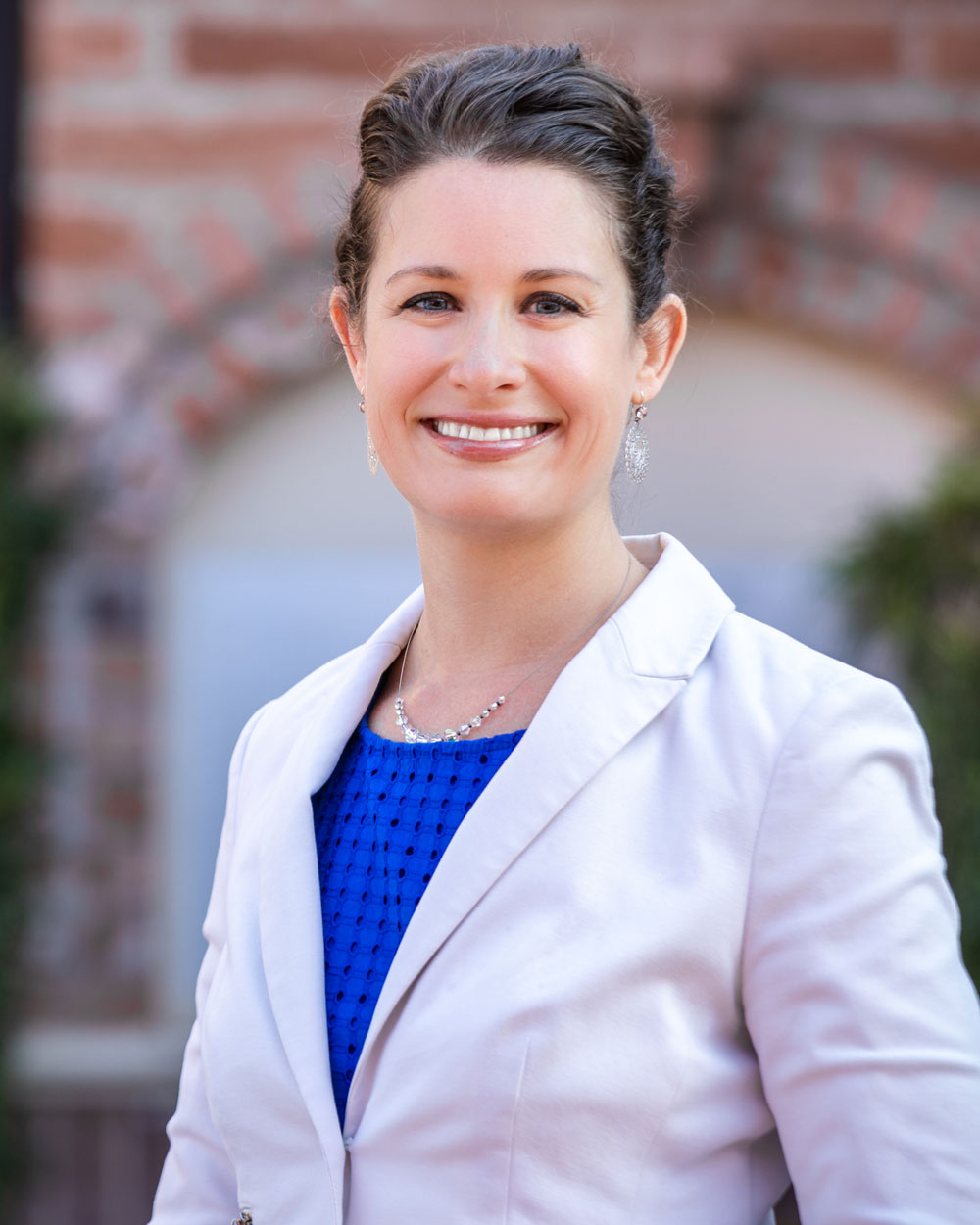Get started with Mizzou
Apply hereBachelor of Science in Economics
You’re an analytic, big-picture thinker — someone who prefers quantitative reasoning and evidence over speculation and anecdote. That’s why the undergraduate program in economics from the University of Missouri (Mizzou) appeals to you. In this 100% online bachelor of science program, you have the unique opportunity to study economics online while working or pursuing a second major.
As a bachelor of science student, you will join a diverse online learning community, devoted to studying how systemic factors influence everything from business success to personal and national prosperity.
Deepen your understanding of quantitative analysis in advanced mathematics courses while honing your critical thinking skills. Combine a bachelor’s in economics with political science, business or another field to increase your earning potential. Mizzou’s Department of Economics offers this online bachelor of science program and a 100% online bachelor of arts in economics for students who want to pursue a degree with less quantitative focus. Many graduates go on to earn graduate degrees in law or business. Regardless of your ambitions, a bachelor’s in economics will give you a competitive edge.
Quick facts
Official name
Bachelor of Science in EconomicsCampus
Program type
Bachelor's degreeAcademic home
College of Arts & Science | Department of EconomicsDelivery mode
100% onlineAccreditation
Higher Learning CommissionFreshman credit hours
120Freshman estimated cost
$81,636.00Transfer credit hours
57Transfer estimated cost
$38,777.10*This cost is for illustrative purposes only. Your hours and costs will differ, depending on your transfer hours, your course choices and your academic progress. See more about tuition and financial aid.

Career prospects
While some students choose to pursue graduate degrees in business or law from top institutions upon graduation, others may wish to start work immediately. Job titles include:
- Economist
- Operations manager
- Market research analyst
- Corporate lawyer
- Financial manager
- Actuary
Additional career data
Over half of the students enrolled in Mizzou’s economics program are double majors. Salaries for those with a major in business, finance or accounting are typically lower than those for economics majors. For combined degrees, the salary numbers increase.
Median starting and mid-career salaries for selected degrees and degree combinations:
| Single degree | Median starting salary | Median mid-career salary |
|---|---|---|
| Business (General) | $47,300 | $83,300 |
| Accounting | $51,000 | $88,000 |
| Finance | $55,600 | $98,600 |
| Combined degrees | Median starting salary | Median mid-career salary |
|---|---|---|
| Business & economics | $55,500 | $110,600 |
| Accounting & economics | $59,500 | $116,800 |
| Finance & economics | $59,100 | 107,500 |
For more information about graduate education and careers for economics majors, visit the American Economic Association (AEA) website.
Program structure
Courses are semester-based, 100% online. No campus visits are required.
Coursework includes
- Principles of microeconomics
- Principles of macroeconomics
- Introduction to econometrics
- Quantitative economics
- Intermediate microeconomics
- Intermediate macroeconomics
Delivery
100% onlineCalendar system
SemesterTypical program length
2-4 years full timeTypical course load
2 courses (part-time) 4 courses (full time)Accreditation
The University of Missouri is accredited by the Higher Learning Commission, one of six regional institutional accreditors in the United States.
Faculty spotlight

Bob Hazel currently teaches two popular online courses: Law and Economics and Financial Economics. Dr. Hazel has also taught Honors Principles of Microeconomics, Managerial Economics and Economics in the Digital Era. Before earning a doctorate in economics in 2019, he worked as an attorney, an airline executive and a partner in a large international management consulting firm. His teaching goal is to help students acquire tools they can use in the real world. He has published articles on the economics of airlines, airports, drones and online cheating, which was inspired by a lively discussion in his Law and Economics course.

George Chikhladze holds a doctorate in economics, with specialization in industrial organization, from the University of Missouri. He teaches both undergraduate and graduate-level courses in macroeconomics, money and banking, and game theory. He has experience working in the energy industry as a regulatory economist. Areas of interest include industrial organization, competition analysis, regulation and antitrust, pricing and asset valuation. Recognitions include the Nouss Award for Teaching Excellence, the Walter Johnson Award for Teaching Excellence and the Purple Chalk Award. Dr. Chikhladze is from the country of Georgia.

Vitor Trindade earned a Ph.D. from the University of California, San Diego, and was an assistant professor of economics at Syracuse University from 2000-2005. While at Syracuse, Dr. Trindade received the Outstanding Teaching Award twice from the international relations master’s program.
He first joined the University of Missouri-Columbia in 2005 as an associate professor of economics. Dr. Trindade was the 2010 recipient of the prestigious Maxine Christopher Shutz Award. He retired in 2018 but was rehired in 2019 as a visiting associate professor of economics.
His research interests include international trade and economic development. His teaching interests are international trade and international economics, econometrics, microeconomics and the master’s research workshop.

Tabitha Chikhladze joined the teaching faculty at the University of Missouri in 2023. Dr. Chikhladze teaches undergraduate courses in Principles of Microeconomics, Honors Principles of Microeconomics, Managerial Economics, and Public Economics. Chikhladze's research focuses on racial disparities in traffic stops and the factors of corruption. She also assists in producing the annual Vehicle Stops Report for the Missouri Attorney General. When she's not teaching, she volunteers her time by serving on the Columbia Police Chief’s Vehicle Stops Committee as a data analyst.

Kelli Mayes-Denker has taught economics for more than 15 years at the University of Arizona and the University of Missouri. She has taught more than 5,000 students in person and online. Her primary interests are economic history and economic business strategy. She helps students understand how to assess business models by connecting real-world events and economic analysis. She empowers students to discover how businesses create strategies to gain competitive advantage, use economic tools to solve problems and become valuable contributors to successful businesses and society.
Mayes-Denker also has significant experience in the private sector mainly within tech startups. Her growth mindset has helped two startups gain key market positions and ultimately be acquired. These real-life, practical experiences enable her to provide better learning opportunities for her students.
Her goal is to help students notice and leverage economics in everyday work and life settings to be as informed as possible.
